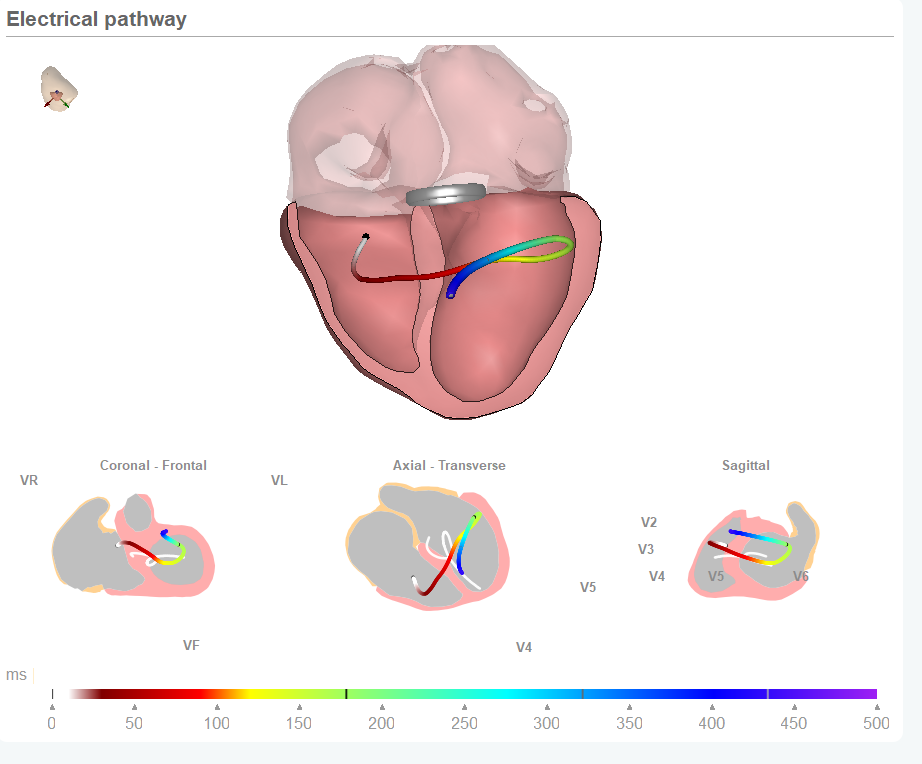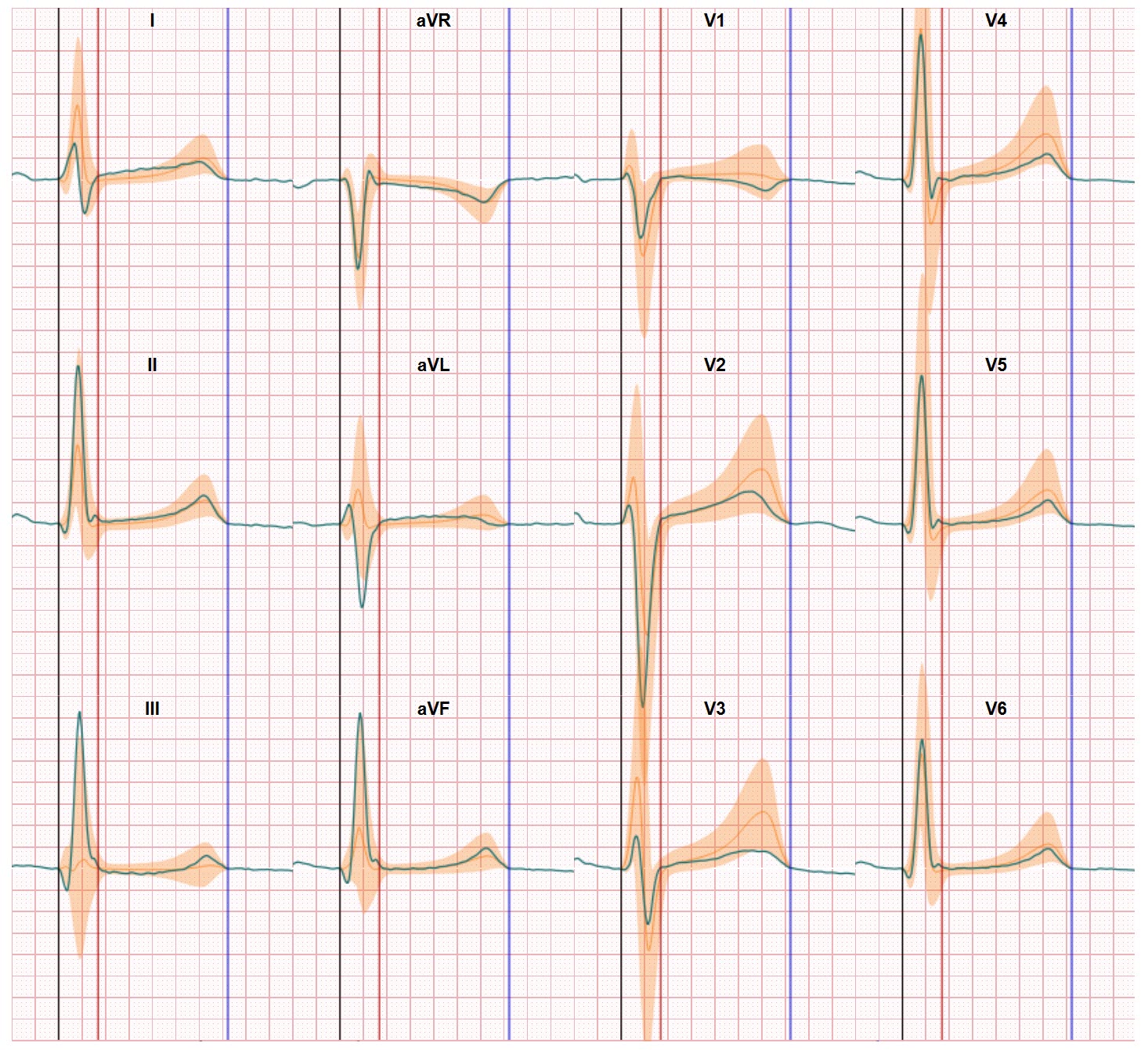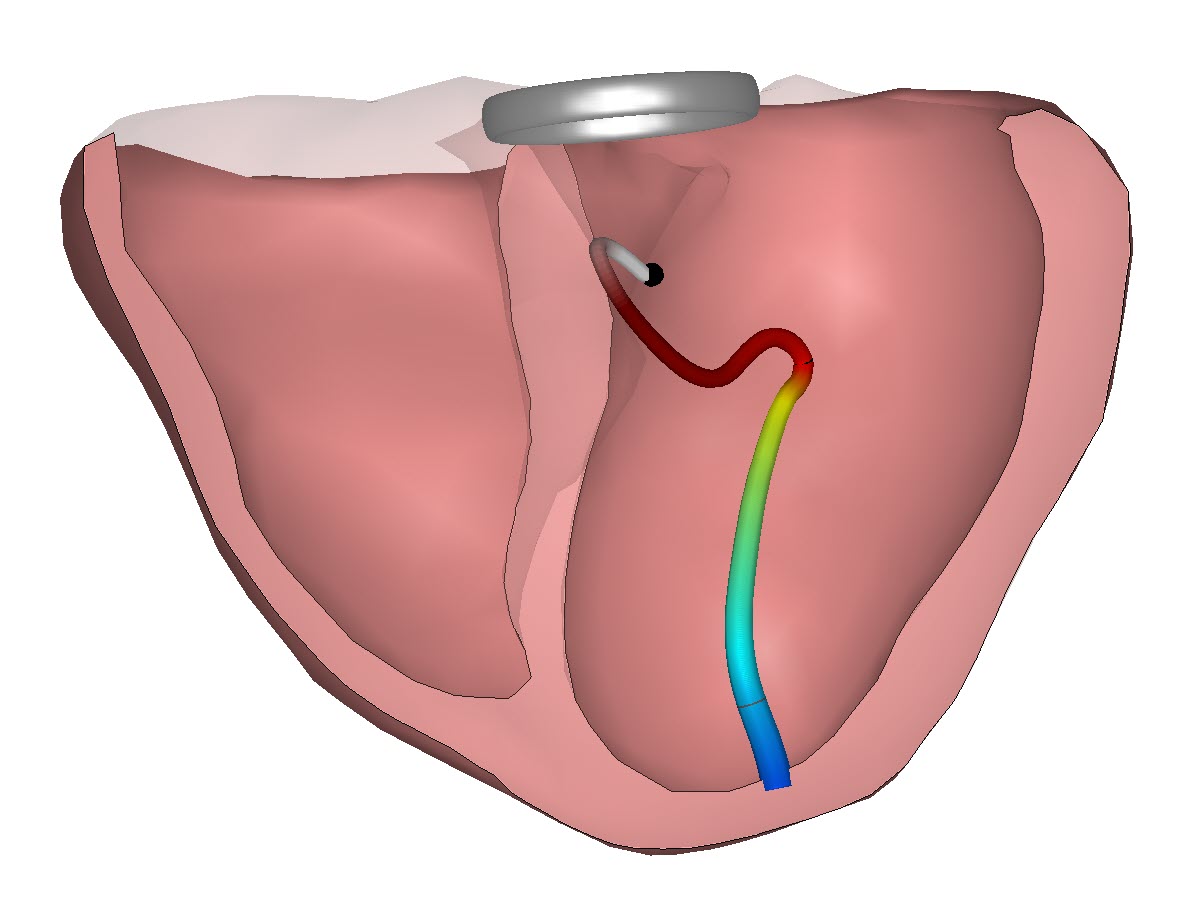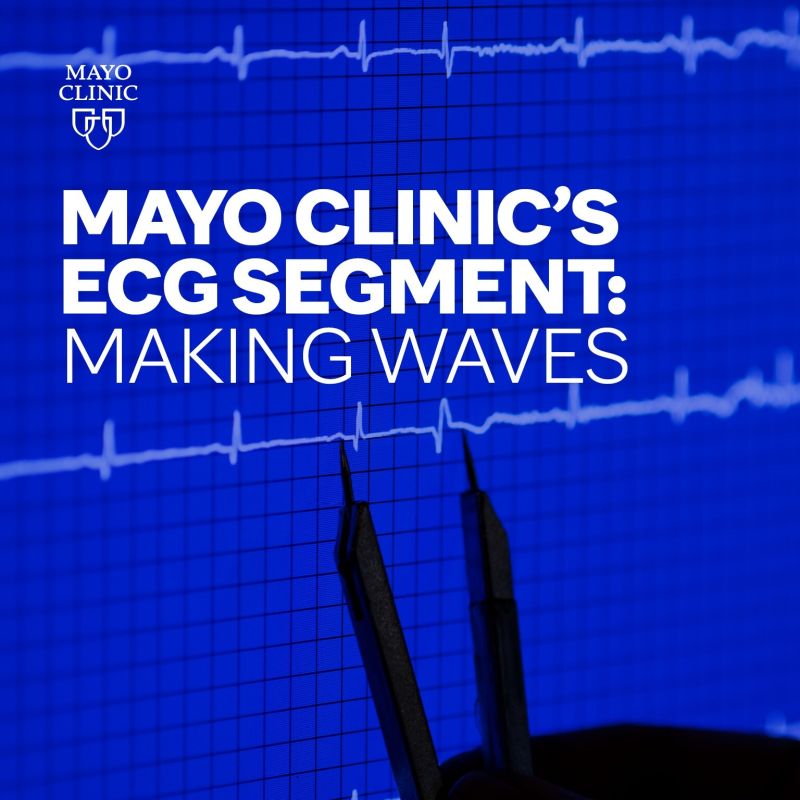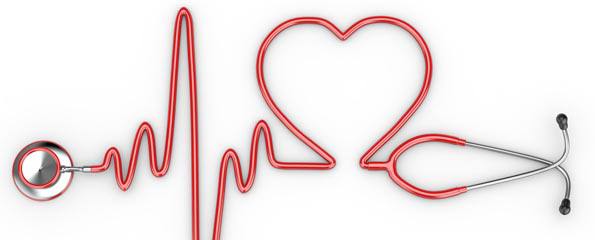People who suffer from diabetes could benefit from ECG monitoring to support Diabetes treatment. This message has recently been re-inforced by a new publication in the journal of the American Heart Association. In this article the results of a study by Dr. Francesco Spione and others are presented. Their study has focused on the impact of having diabetes on people with a history of ST elevation supported heart Myocardial Infarction (formal clinical term is STEMI). Or in lay men terms a specific group of patients who have suffered from a heart attack or signs of coming heart attack where the diagnosis has been based on a specific pattern in the Electrocardiogram. Until today ST elevation (which tells the physician there’s has been in change in the electrical conduction of the heart due to a shortage of supply of oxygen in the muscle) is the formal norm for determination of a heart attack. In a recent other blog we focused on the limitations of this approach since there are other signals (also visible in the ECG if you use adequate ECG interpretation software support). These so-called NON-STEMI patients actually outnumber the STEMI cases.
Spione and his co-authors have monitored the impact of diabetes on these STEMI patients and have found the clinical outcomes of these patients are worse than for patients without diabetes.
And these worse outcomes are especially related to the cardiac interventions these patients have had in the first 5 years after their STEMI diagnosis. Interventions such a placing a stent or a by-pass.
Diabetes patients benefit from ECG monitoring
If we combines the known factors on identification of situations in which patients have a increased risk on a heart disorder due to limited supply of oxygen to their heart muscles with the insights on diabetes, we see a clear case for periodical ECG monitoring to support diabetes patients emerging.
First, the challenge of identifying Coronary Syndrome issues (being either acute or more slow in pace) is significant. Myocardial Infarctions are still missed from reading ECG in 30% of cases. And this occurs both in diabetes and non-diabetes patients.
Second, a patient diagnosed with diabetes has an increased risk for heart disorders. Not only limitations in oxygen supply because diabetes may impact the blood flow in the veins, but diabetes may impact the overall performance of the heart and result in heart failure.
ECG monitoring to support diabetes patients for identifying early signs of changes in heart conduction is a feasible and low cost solution. Especially when the ECG system is able to comparing ECG waveforms over time on patient level and thus supports the detection of small but meaningful changes in these waveforms in both the QRS, ST segment and T waves. For those interested follow our website to keep track of the latest developments in improving the clinical perspective of diabetes patients.
And for those patients with STEMI (and no diabetes) new developed AI based algorithms now support detection of diabetes or early signs of diabetes. So either way ECG monitor can support your health.

